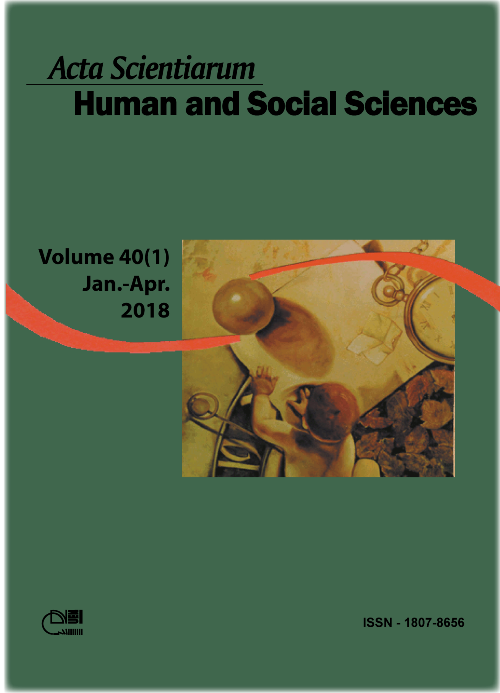Freedom and Foreknowledge: a ‘difficult issue’
Abstract
Current paper analyzes Anselm of Canterbury’s solution to the deep ethical issue on the harmony of God’s foreknowledge with human freedom. Structured within the framework of a medieval quaestio, the dialectic reflection of the Benedictine monk from Bec acknowledges that future events happen necessarily, whereas free-will fails to act by necessity. Anselm acknowledges the power of free-will within God’s perspective and confirms God’s providential design derived from his eternal wisdom. Human acts are free because God knows them beforehand and predestines them as such. He does not want that humans be forced or moved by any necessity. The discussion was analyzed in Anselm´s last theological work called The Harmony of Foreknowledge, Predestination and the Grace of God with Free Choice, written in 1103.
Downloads
DECLARATION OF ORIGINALITY AND COPYRIGHTS
I Declare that current article is original and has not been submitted for publication, in part or in whole, to any other national or international journal.
The copyrights belong exclusively to the authors. Published content is licensed under Creative Commons Attribution 4.0 (CC BY 4.0) guidelines, which allows sharing (copy and distribution of the material in any medium or format) and adaptation (remix, transform, and build upon the material) for any purpose, even commercially, under the terms of attribution.
Read this link for further information on how to use CC BY 4.0 properly.























